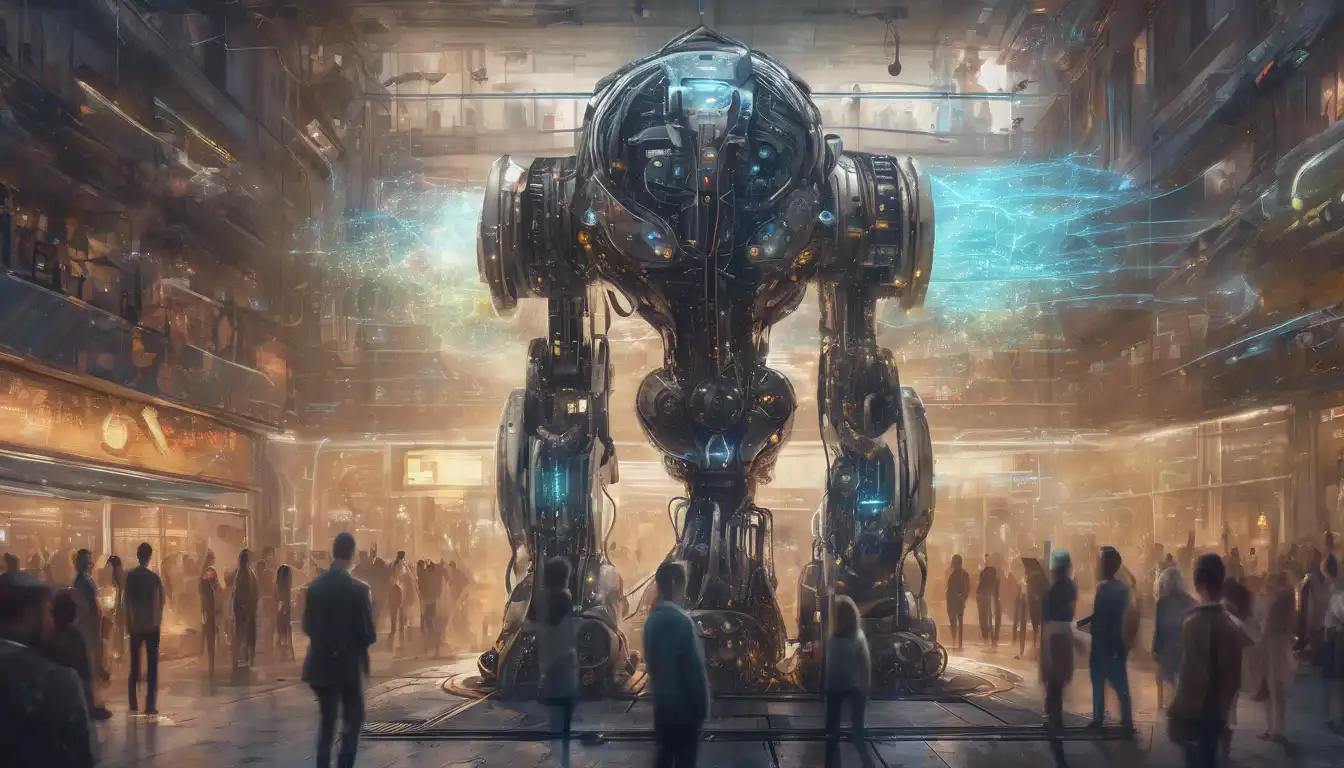The Role of Machine Learning in Enhancing Recommendation Systems
In the digital age, recommendation systems have become a cornerstone of user experience across various platforms. From streaming services like Netflix to e-commerce giants like Amazon, machine learning (ML) is the powerhouse behind the scenes, making personalized recommendations possible. This article delves into how machine learning is revolutionizing recommendation systems, making them more accurate and user-friendly.
Understanding Recommendation Systems
Recommendation systems are algorithms designed to suggest relevant items to users based on various data points. These systems can be broadly categorized into three types: collaborative filtering, content-based filtering, and hybrid systems that combine both approaches. Machine learning enhances these systems by analyzing vast amounts of data to predict user preferences with remarkable accuracy.
How Machine Learning Powers Recommendations
Machine learning algorithms process user data, including past behavior, preferences, and even contextual information, to generate recommendations. Here’s how ML is applied in recommendation systems:
- Collaborative Filtering: ML algorithms analyze user behavior patterns to recommend items that similar users have liked.
- Content-Based Filtering: These algorithms recommend items similar to those a user has liked in the past, based on item features.
- Hybrid Models: Combining both collaborative and content-based filtering, hybrid models leverage ML to provide more accurate and diverse recommendations.
The Impact of Machine Learning on User Experience
By leveraging machine learning, recommendation systems can offer a highly personalized user experience. This not only increases user engagement but also boosts satisfaction and loyalty. For businesses, this translates into higher conversion rates and revenue. Machine learning enables these systems to continuously learn and improve from user interactions, making recommendations more relevant over time.
Challenges and Future Directions
Despite their effectiveness, machine learning-powered recommendation systems face challenges such as data privacy concerns and the cold start problem for new users or items. However, advancements in ML techniques, including deep learning and reinforcement learning, are paving the way for more sophisticated solutions. The future of recommendation systems lies in their ability to understand and predict user needs with even greater precision.
In conclusion, machine learning is at the heart of modern recommendation systems, driving their ability to deliver personalized content and products to users. As ML technologies evolve, we can expect these systems to become even more intuitive and effective, further enhancing the digital experience for users worldwide.
